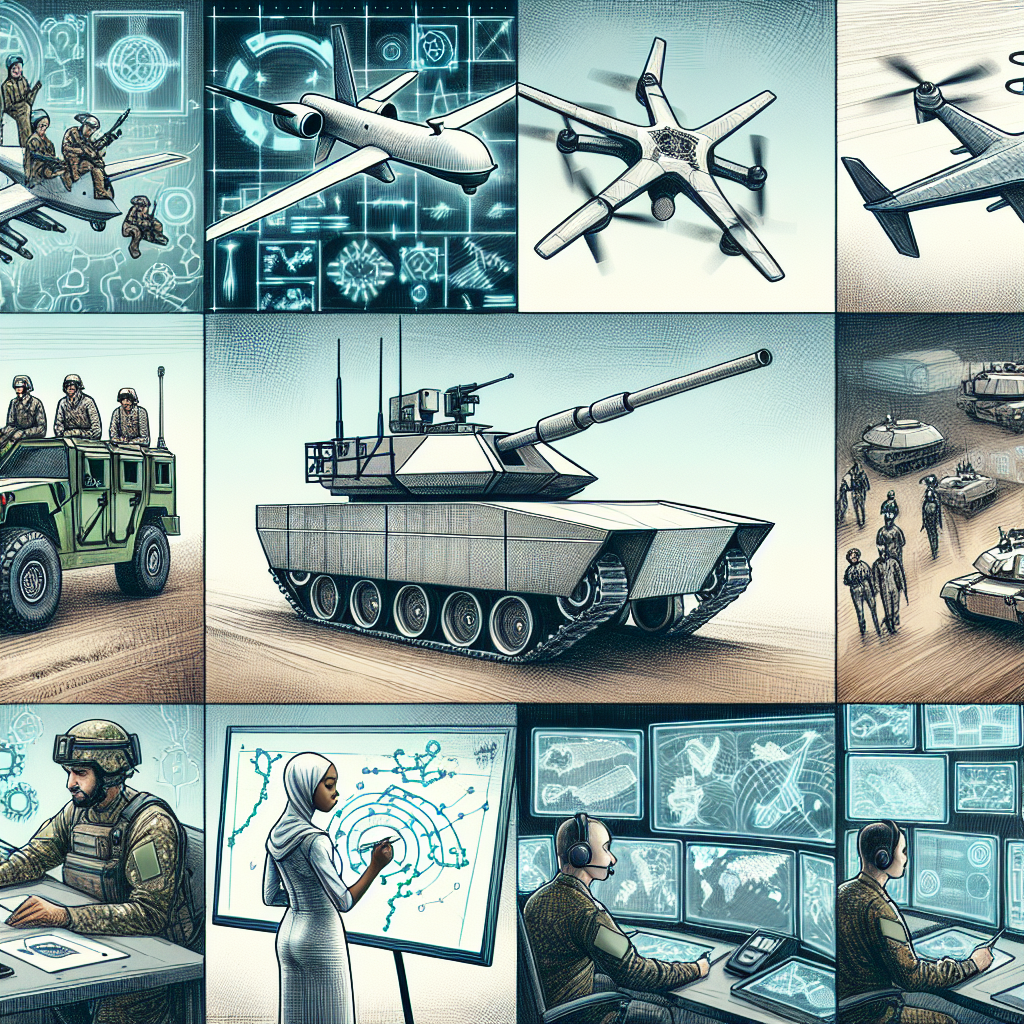Exploring the Role of AI in the Military
Hey there! 👋 Have you ever wondered how artificial intelligence (AI) is changing the world of military operations? It’s a fascinating topic with lots of interesting facets. Let’s dive into some of the most common questions people have about AI in the military.
What Is AI in the Military?
In the military context, AI refers to the use of advanced algorithms and machines to perform tasks that typically require human intelligence. This could be anything from analyzing satellite images to autonomous drones carrying out reconnaissance missions. The goal is to enhance efficiency and effectiveness while reducing risks to human soldiers.
How Is AI Currently Being Used?
AI is already making waves in several military applications:
- Surveillance and Reconnaissance: AI systems can analyze vast amounts of data from surveillance feeds, identifying potential threats much faster than human operators.
- Autonomous Vehicles: Drones and robotic vehicles equipped with AI can perform a variety of tasks such as patrolling borders, delivering supplies, or scouting enemy lines—often in hazardous environments.
- Cybersecurity: AI algorithms help detect and counter cyber threats in real-time, safeguarding important military data and infrastructure.
Is AI Replacing Human Soldiers?
Not exactly. While AI can augment and support human soldiers, it’s not about replacing them entirely. Instead, AI systems are often used to handle the more tedious, dangerous, or data-heavy tasks, freeing up human soldiers to focus on more complex and critical decision-making processes. Think of it as a powerful sidekick rather than a replacement.
What Are the Ethical Concerns?
Ah, the million-dollar question! The use of AI in the military raises several ethical issues:
- Accountability: If an AI system makes a mistake, who is held accountable?
- Decision Making: Should machines be trusted to make life-and-death decisions?
- Bias and Fairness: AI models can sometimes perpetuate biases present in their training data, leading to unfair or discriminatory outcomes.
These concerns are crucial and are prompting rigorous debate and regulatory consideration to ensure AI is used responsibly and ethically.
What Does the Future Hold?
The future of AI in the military is both exciting and uncertain. As the technology evolves, we can expect to see even more sophisticated applications, from enhanced simulation training to advanced predictive analytics for strategic planning. However, it’s also likely that there will be ongoing discussions around regulation, ethics, and the proper integration of AI in military contexts.
If you’re curious about how this tech might evolve, keep an eye out for developments in both AI capabilities and the regulatory frameworks being put in place to manage them.
Got more questions? Feel free to drop them below. Let’s keep this conversation going!
